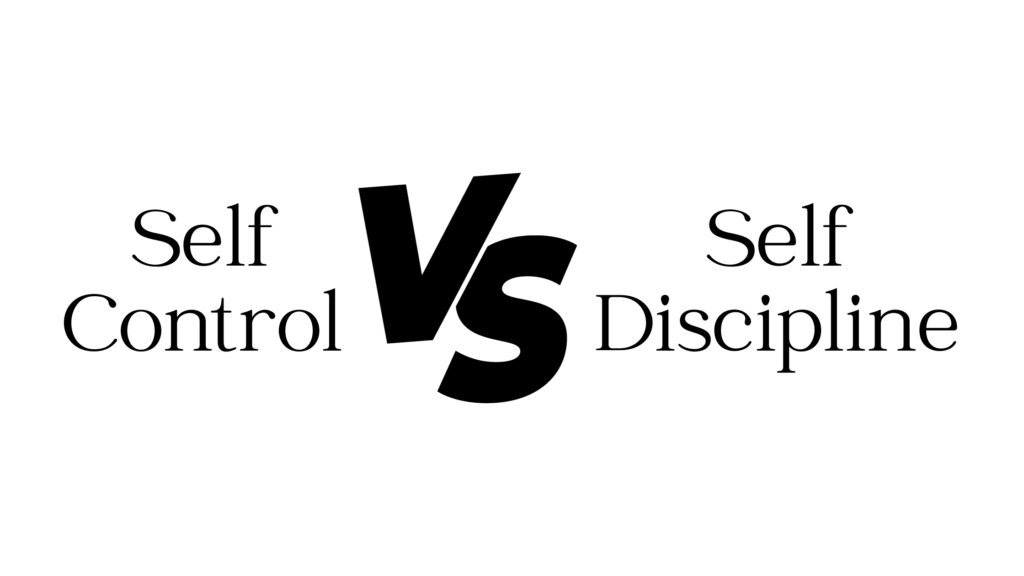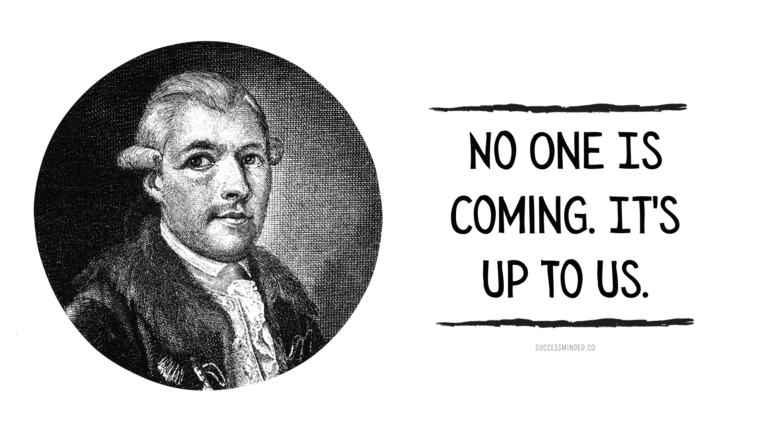Why is it so hard to resist grabbing another cookie from the jar or hitting snooze for the fifth time, even when we know we shouldn’t? Why do New Year’s resolutions to exercise and save money often fizzle out by February?
The problem frequently comes down to misunderstanding the difference between self-control and self-discipline. Though often used interchangeably, they are distinct skills. Let’s explore how.

Defining Self Control
Self-control involves resisting temptations or urges in the moment. It enables you to stop yourself from acting on an impulse that goes against your aims or values. For example, holding your tongue when you want to blurt out something rude requires utilizing self-control.
Self-control acts as a filter for our responses, behaviors, and emotions so that they align with our goals versus our base impulses. It’s a foundational skill required in many areas of life. Self-control allows us to make choices that serve our best interests in the long run.
Understanding Self Discipline
In contrast, self-discipline is about maintaining focus and consistency when pursuing long-term goals. It’s the grit and persistence to keep putting in effort even when you lack motivation. Self-discipline enables you to forego instant gratification in order to achieve eventual, sustained rewards.
Someone with strong self-discipline practices beneficial habits and behaviors steadily, even when it involves discomfort or the desire to quit. For instance, they stick to their workout routine consistently, while someone with just self-control may go to the gym when they feel inspired but then quickly fall off track.
Key Differences Between the Two Skills
While self-control involves restraining behavior at the moment, self-discipline aims at consistency over an extended timeframe. Self-control is about suppression, while self-discipline is focused on actively fostering helpful habits and focus.
Someone can exercise self-control yet lack the self-discipline needed to achieve their goals. For example, you might be able to resist indulging in dessert during dinner but then binge sweets late at night when your self-control reserves are depleted.
Cultivating Both Skills for Success
We need both capacities – the ability to control our impulses in the moment and the discipline to stay consistent in pursuing what we value over time. Strategies like avoiding temptation, planning ahead, and reframing thoughts can help build self-control. Meanwhile, self-discipline is enhanced through focusing on process rather than product, tracking progress, and adopting habits like exercise.
At times, we all struggle with willpower and motivation. Understanding the difference between self-control and self-discipline allows us to target the ability we most need to strengthen. With effort, we can cultivate both skills and achieve the consistent focus and restraint needed to accomplish our biggest goals.



